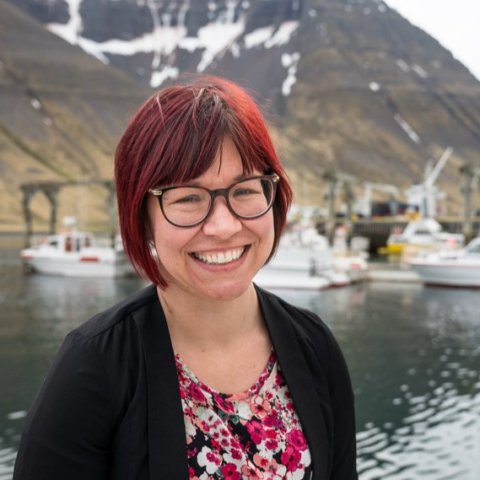Here below you can find all master courses the University Centre offers. All courses are taught in 1-3 week modules running from August through June. See how the courses are organised in the teaching schedule for both programs. Usually 2-3 courses are taught at the same time, but students may only enroll in one course at a time.
The master courses are available to you whether you plan to pursue a degree or just take a course or courses. Please review the options for guest studies to determine how you can apply.
For further information, contact the Administrative Director of Education and Teaching.
Coastal Food Systems
- Summer 2024
- Next course: 27. May - 07. June 2024
- CMM/CRD Elective Course | 4 ECTS
- Course:CRD16
- Instructor: Dr. Kristen Lowitt
About the course
Within discussions of food security and sustainability, considerable attention is placed on farming and other land-based systems of food production. This class allows students to look more closely at various facets of the food system – from production, distribution to nutrition – within coastal regions. A key assignment is a value chain analysis in which students get to trace the progress of a coastal food of their choosing from ocean/lake to plate and beyond. The course also features numerous opportunities for experiential learning including field trips to local fish plants/ retail outlets/ community gardens, guest lectures, and hands-on activities with peers in class. This is paired with opportunities for reflection so students can bring together the theory and action of food systems change.
Instructor
is a faculty member in the School of Environmental Studies at Queen's University in Kingston, Canada. She is passionate of coastal food systems stemming from her PhD research on the west coast of Newfoundland, in which she examined how changes and declines in fish stocks affected the food provisioning practices of fishing-dependent households.
Presently, much of Kristen's research focuses on inland fisheries in the Great Lakes region of North America, using a food systems perspective to link concerns of fisheries sustainability, health, and equity.

Learning outcome
The course provides a critical exploration of current issues related to food security, food sovereignty, food justice, and food system sustainability and resilience. Employing the framework of economic geography, students will examine the complexities of both the production and value chain. This includes aspects of distribution, consumption and food waste disposal. A special focus is set on coastal communities. Participatory learning, community engagement and critical pedagogy are core course approaches.
On completion of the course, a student:
- can locate, critically evaluate and define information about coastal food systems.
- can communicate (in written and oral form) the socio-cultural and ecological complexity of the food system from a geographical perspective.
- can describe individual processes within the food system and situate these processes within the larger geographical context of the global food system.
- has critically evaluated their own role within the context of the food system.
- can discuss environmental sustainability in relation to social equity and food systems.